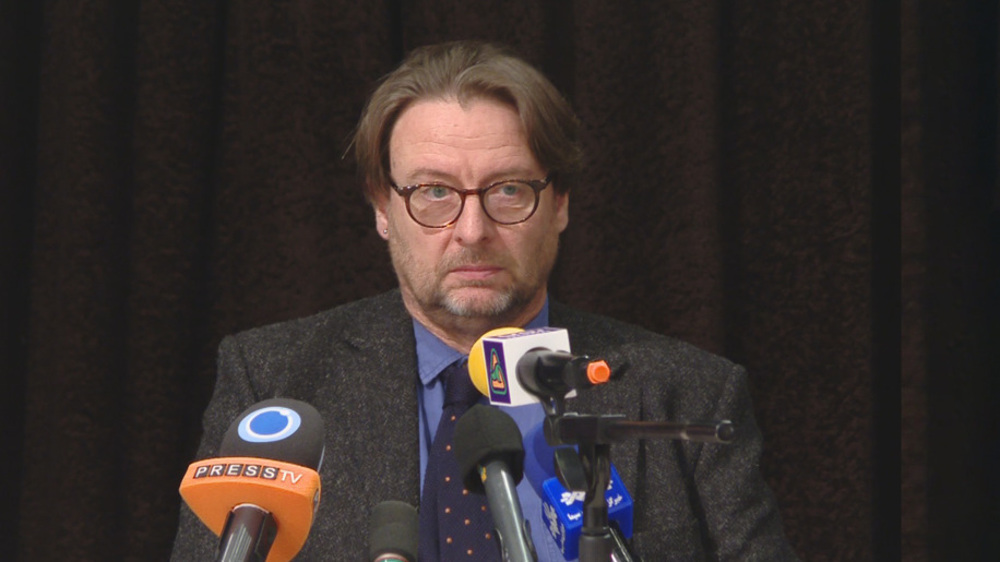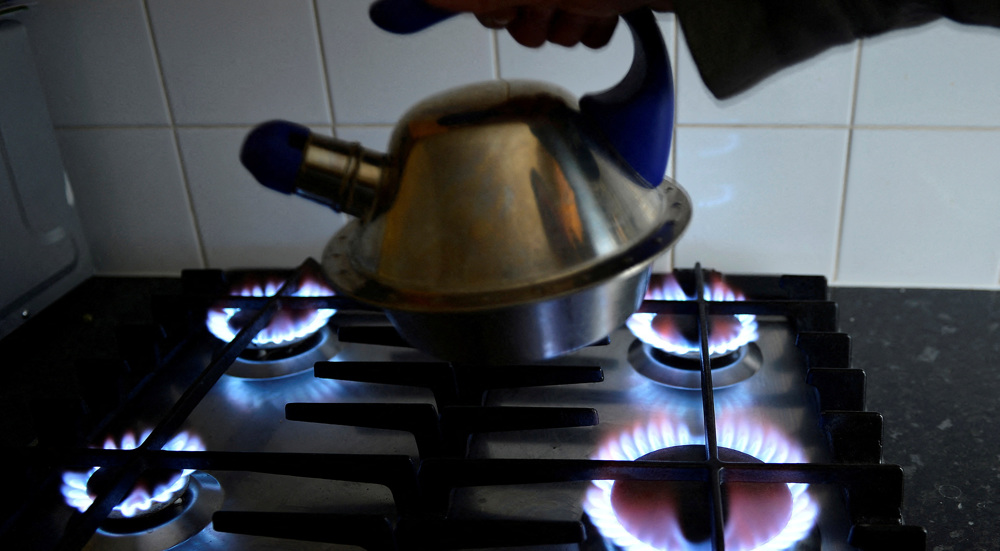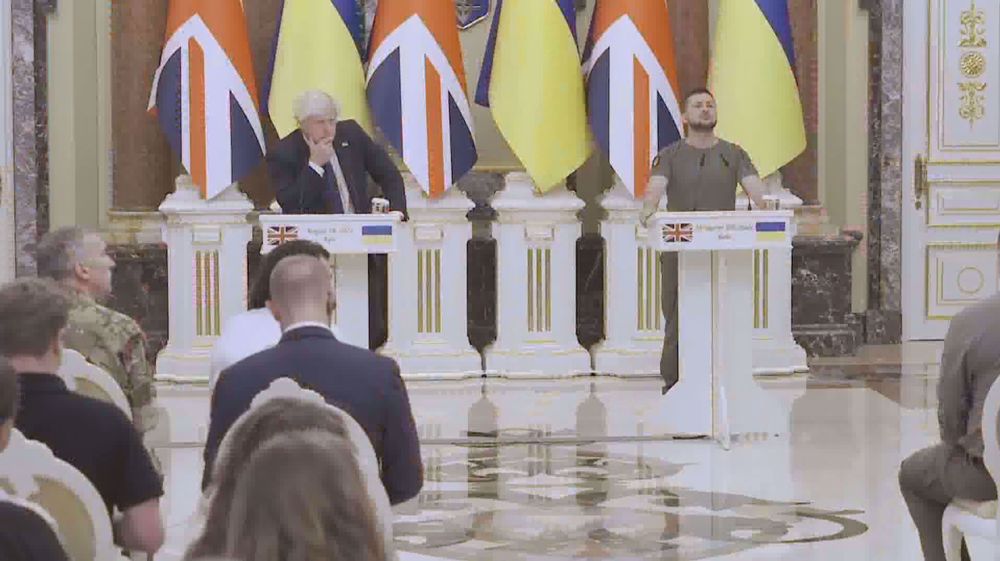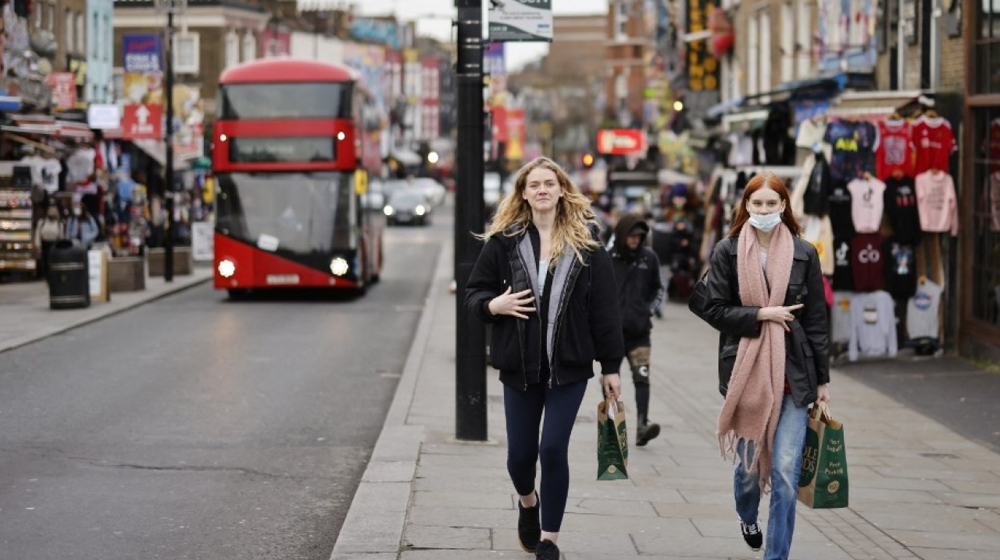UK nearly doubles energy price amid worsening cost-of-living crisis
Britain has announced a whopping 80-percent hike in electricity and gas bills, bearing testimony to the country's worsening cost-of-living crisis just before winter sets in and the new prime minister takes office.
The UK's energy bills are set to jump 80 percent to an average of 3,549 pounds ($4,188) per year from October, regulator Ofgem announced on Friday, describing the huge increase as a "crisis" that needed to be tackled through urgent and decisive government action.
Emphasizing that the price hike would have a "massive impact" on households across the country, Ofgem CEO Jonathan Brearley warned of yet another likely increase in January, reflecting significant pricing pressure in energy markets.
He blamed turbulence in the energy market and soaring gas costs in the UK on the simmering conflict in Ukraine.
"The increase (in the cap) reflects the continued rise in global wholesale gas prices, which began to surge as the world unlocked from the Covid pandemic and have been driven still higher to record levels by Russia slowly switching off gas supplies to Europe," Ofgem said in a statement.
"We know the massive impact this price cap increase will have on households across Britain and the difficult decisions consumers will now have to make," Brearley added on Friday. "I talk to customers regularly and I know that today's news will be very worrying for many."
Brearley stressed that Britain's next prime minister – due to be determined on September 5 – will need to take immediate action once in office.
"It's clear the new Prime Minister will need to act further to tackle the impact of the price rises that are coming in October and next year," he said. "The response will need to match the scale of the crisis we have before us."
While European governments have sought to conserve gas, increase storage and cut bills, Britain's government has been paralyzed by the race to replace Boris Johnson as prime minister next month.
In the Tory Party leadership contest for Britain’s next prime minister, both front-runner Liz Truss and her rival Rishi Sunak are struggling with how to respond to the energy crisis.
The two candidates have clashed over their energy policies. Their proposals, which include suspending environmental levies or cutting a sales tax, have been dismissed by analysts as too little to avert the extraordinary energy price hikes.
The outgoing premier has vowed to leave major financial decisions to his successor, who will be announced following a summer-long leadership contest.
This is while household and business consumers, energy suppliers, and opposition politicians are clamoring for urgent government action to do more to avoid putting the most vulnerable people in desperate situations.
The issue of Britain's rampant cost-of-living crisis and soaring inflation has dominated the race to succeed Johnson, with political opponents accusing him of leading a zombie government.
The University of York has estimated that 58 percent of British households are at risk of fuel poverty by next year.
The development has triggered an outcry from charities who say the families have faced one of the "bleakest Christmases" for years, with inflation already in double-digits and expected to strike 13 percent in the coming months due to runaway energy bills.
Moreover, Britain’s anti-poverty experts have been cited as saying that the near-doubling in the cap will likely tip millions into fuel poverty, forcing them to choose from heating or eating.
Britain is already suffering from its highest inflation rate since 1982 and is predicted to enter a recession later this year.

HTS in Syria says to recognize Israel by end of 2026

UK police question Holocaust survivor for attending pro-Palestine demo

There will be no escape from justice: Pro-Palestinian UK scholar to Zionist genocidaires
Hezbollah chief to Israel: 'We have our options and we fear nothing'
Almost entire population in Gaza relies on food aid: UN agency
VIDEO | Press TV's news headlines
VIDEO | Iran showcases indigenous military capabilities on Army Day
President: Iran strives to solve disputes and foster peace
Israeli attacks kill at least 50 across Gaza as heavy strikes hit north, south
'No force can disarm us': Hezbollah official
Yemen targets Tel Aviv, US aircraft carriers in pro-Gaza operations












 This makes it easy to access the Press TV website
This makes it easy to access the Press TV website